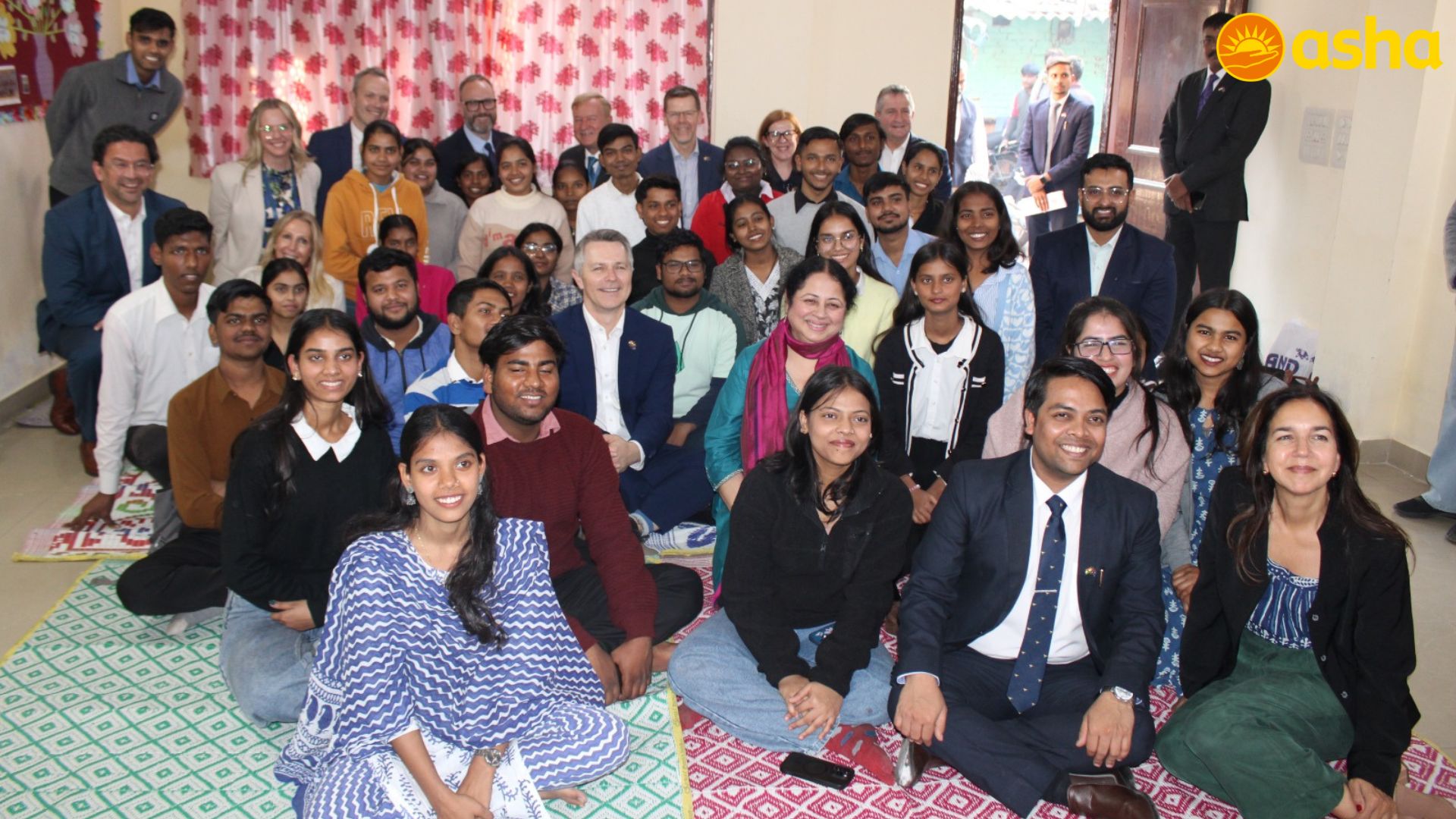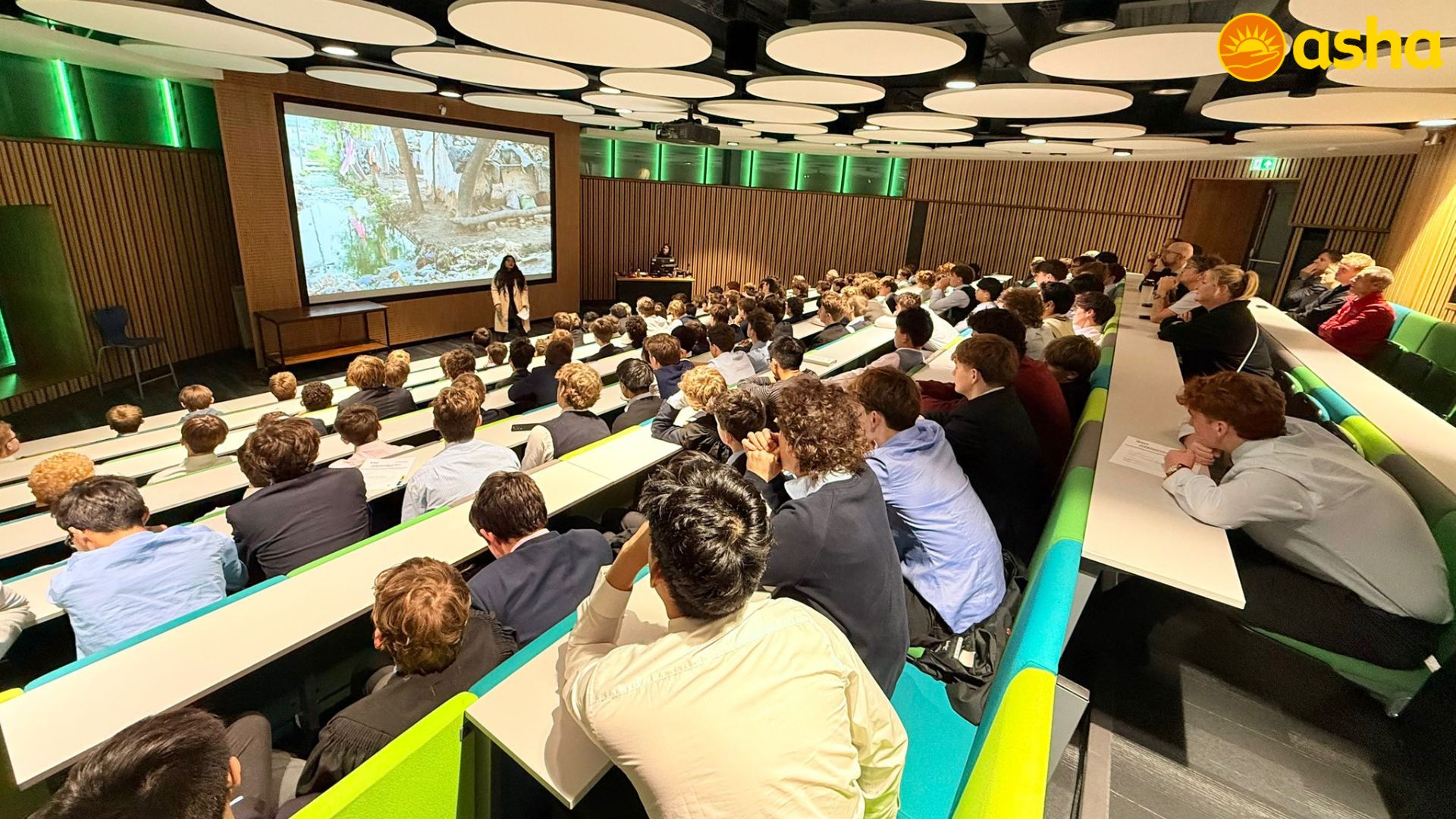Ashrudin, a gentle and hardworking man from Seelampur slum community, once took pride in his craft as a sweet maker. After moving to Delhi two decades ago, he built a simple life for his family through long hours of labor, earning ₹400–₹500 a day. It was never much, but it was honest work, and it kept food on the table for his wife Fahmida and their only son.
Then, three years ago, everything changed in a single moment. A sudden paralysis took over the right side of his body—his hand, leg, and even part of his tongue. He could no longer move with ease, nor speak clearly. In a flash, he lost not just his mobility but also his livelihood, his independence, and his voice.


With Ashrudin unable to work, the burden of survival fell on his wife, Famida. She found work as a house help, earning just ₹2,000–₹3,000 a month—barely enough to cover basic expenses, let alone treatment. As months passed, Ashrudin’s health deteriorated further. He was diagnosed with diabetes and high blood pressure, both unmanaged and dangerous in his condition.
He tried visiting government hospital for treatment, but the journey was agonizing—physically exhausting and emotionally draining. In the narrow, crowded lanes of Seelampur slum community, he became a quiet figure in the shadows—barely able to speak, struggling to walk, and battling feelings of isolation and despair.
That’s when Asha entered his life.


Asha’s community health volunteer found Ashrudin in his dim, one-room home, where he cooked, slept, and sat silently with his memories. They gently encouraged him to visit the Asha center. There, for the first time in years, he felt truly seen.
At Asha, Ashrudin began receiving regular check-ups, and his diabetes and hypertension were monitored closely thru medical tests. Free medicines were provided, and a treatment plan was put in place. But beyond the physical healing, something deeper began to shift. The team spoke to him with patience, helped him communicate, and made sure he never felt like a burden.


Today, while his body still carries the scars of paralysis, Ashrudin’s spirit is no longer broken. His blood pressure and sugar levels are stable. He’s learning to manage his health. And most importantly, he has found a place where he is treated with dignity.
“Asha didn’t just give me medicine,” he says with a slight, quiet smile. “They gave me hope. They gave me a reason to keep going.



